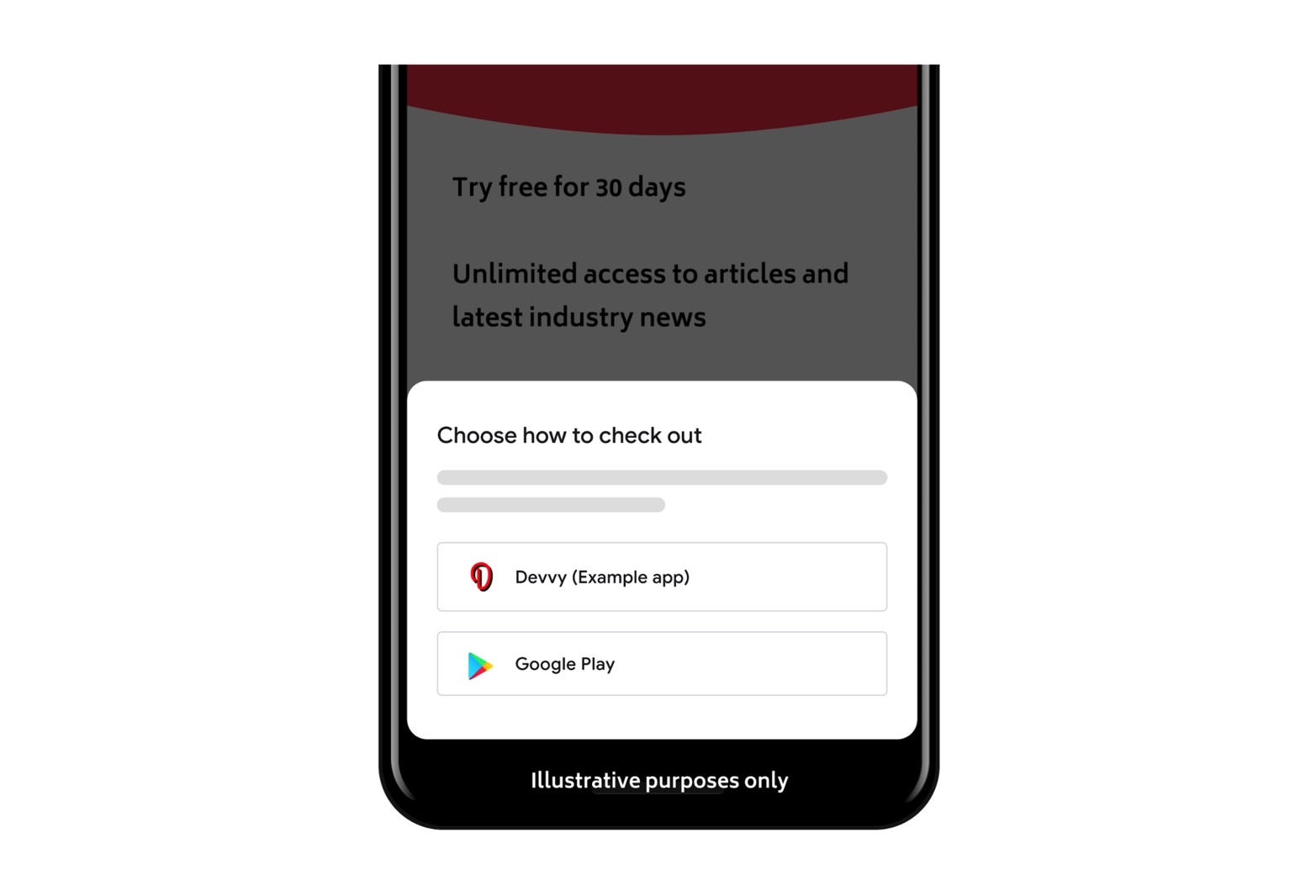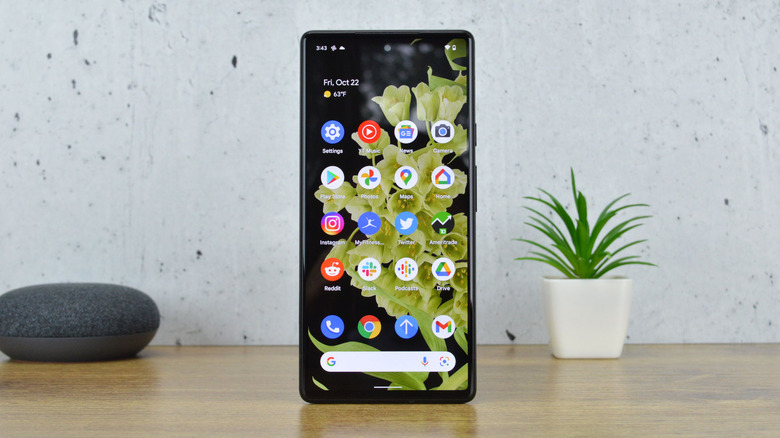Google Just Made A Huge Change To The Way People Pay For Apps In This Country
The fees that digital stores collect for selling mobile apps on iPhone and Android are a hot topic for developers, regulators, and even consumers. Many have decried the standard 30% cut for apps, subscriptions, and in-app purchases (IAP) over the years. And Apple and Google eventually made some changes to the commission structures. The biggest ones came in recent years, as pressure intensified. A few days ago, Google announced that it will take a 15% cut from subscriptions instead of 30%. Now, Google is back with a new announcement concerning digital app sales and IAP in South Korea. Google will allow developers to offer customers alternate payment options to the default Google Play store payments system.
The move is in line with a recent law that forces Apple and Google to offer third-party payments support for IAP. Google is the first to roll out an implementation of the law. But you might not like what Google came up with.
The Google Play alternate payments system is official
One argument in favor of third-party IAP payment systems is that developers could offer buyers cheaper digital goods. Purchases won't go through Apple or Google's payments systems, so developers might pass on the savings to customers. Some companies are already developing billing systems that apps might use once Apple and Google adopt this change.
It all starts with South Korea, where Apple and Google have to comply with the new law. Developers have to be able to include their own payment system for apps alongside the default.
Google made the first move on Thursday, announcing that it has complied with the new IAP law:
We respect the decision of the National Assembly, and we are sharing some changes to respond to this new law, including giving developers that sell in-app digital goods and services the option to add an alternative in-app billing system alongside Google Play's billing system for their users in South Korea. These changes will allow us to comply with the law, continue to invest in Android and Google Play, and provide the seamless, safe and trusted user experience billions of people expect from Google Play.
Google offered the following image to demonstrate the concept. Users will be prompted to choose how to check out when buying digital content.

Google Play will support alternate payments systems in Korea.
Google doesn’t like the billing changes
As the statement above hints, Google does this to comply with the new regulation, but it doesn't like the idea. Later in the blog, the company explains that the fees it takes from digital sales are what make the free Android universe possible:
Like any business, we need to have a sustainable model to continue to improve our products while maintaining important user protections. Just as it costs developers money to build an app, it costs us money to build and maintain an operating system and app store that makes those apps easily and safely accessible by consumers.
Instead of charging licensing fees for our operating system like other platforms have, we chose to do things differently by making Android and Google Play free, with minimal restrictions.
Google explains that it's been growing Android and Google Play with the help of fees it charges developers for premium apps. But that's not the entire story here. Any digital store indeed needs to sustain itself, but it's a stretch to say that the Play store fees pay for the entire Android and Google Play development.
Google's reason for making Android free is quite simple. It wanted to get a foothold into the mobile OS race to ensure that Google Search can survive this "Post PC" world. Unsurprisingly, Android became the most popular mobile OS by market share. And Google's advertising business has grown alongside Android.
You might not like Google’s new app payment options
That's not to say that charging a fee for digital app content sales isn't appropriate. Stores like Google Play do consume plenty of resources. And Google offers plenty of features to developers. Providing the infrastructure for payments is a key feature that developers get. Google handles everything about payments, including the security of consumers, which is something most developers and app users appreciate. And this makes it easier for Android users to retrieve all their apps and subscriptions.
Google might support IAP payments alternatives in South Korea, but that doesn't mean developers won't pay fees to Google. The company explained that the fee will go down from 15% to 11% for most developers:
We recognize, however, that developers will incur costs to support their billing system, so when a user selects alternative billing, we will reduce the developer's service fee by 4%. For example, for the vast majority of developers who pay 15% for transactions through Google Play's billing system, their service fee for transactions through the alternate billing system would be 11%. As another example, certain categories of apps participating in our Media Experience Program, such as an eBooks provider, will pay a 10% service fee for transactions made via Google Play's billing system, but only 6% for transactions on an alternative system.
The Korean government might force Google and Apple to support third-party payment systems. But it's up to these companies to implement it. And they will still charge a fee to developers. That's because billing is only a part of what Google and Apple do for the developers.
No Play savings for you?
In other words, that 4% fee cut might not lead to significant IAP savings for consumers. Developers will still incur costs for their Google Play payments systems. And they'll have to factor those costs into the payment model. At best, you're looking at 4% savings, and that's if developers are willing to take a revenue hit.
Korea might be the first market where Google offers an alternate billing system to customers. But if other governments pass similar laws, Google can implement the same model in those markets.
